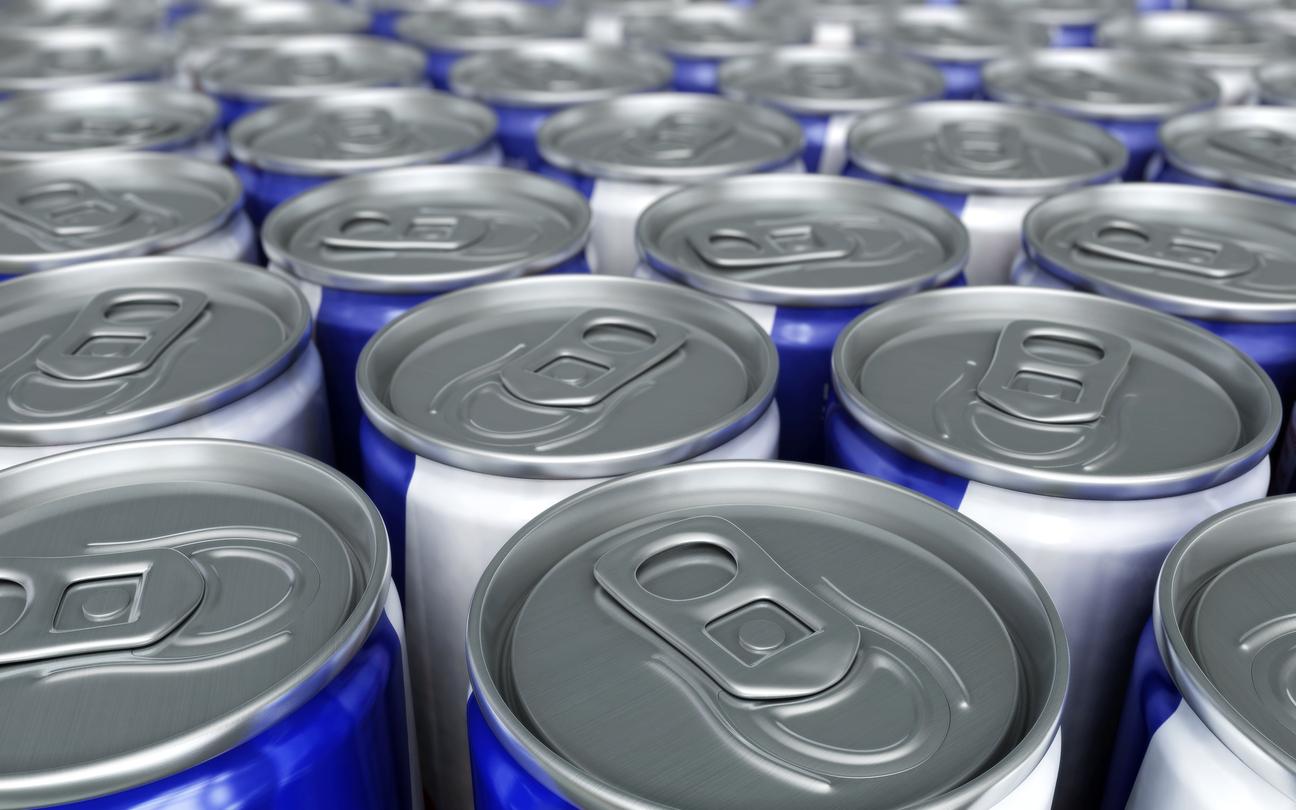An American study shows that prebiotics protect against the harmful effects of stress and promote sleep in times of anxiety.

- Prebiotics are fibers found in certain fruits and vegetables
- They participate in the relationship between the digestive system and the brain
- This is how they can act on the level of stress and sleep
Prebiotics have the ability to improve the quality of sleep after a stressful event by influencing intestinal bacteria, according to a new study conducted by the university of colorado boulder (United States) and published in the journal Scientific Reports.
Prebiotics, plant fibers
But what are prebiotics? Not to be confused with probiotics which include all the micro-organisms useful to the intestinal flora, prebiotics are plant fibres, sugar molecules present in plants. Unable to be digested by humans, prebiotics progress intact through the upper digestive tract, reaching the intestine where bacteria have the ability to break them down and digest them.. This is when prebiotics release compounds beneficial to the body.
“Prebiotics feed the bacteria that live in our intestines and create a symbiotic relationship that has powerful effects on our brains and behavior”says Robert Thompson, a postdoctoral researcher in the Department of Integrative Physiology at the University of Colorado and lead author of the study.
The protective effects of prebiotics
To conduct their research, Robert Thompson and his team composed two groups of rats: one received prebiotics, the other was fed in the usual way. They observed significant differences in the rodent metabolome. That of rats that ingested prebiotics was higher in fatty acids, sugars and steroids, which can influence behavior via gut-brain signaling pathways. Body temperature and their metabolome diversity were also different after a stressful event, suggesting that prebiotics protect against the adverse effects of stress.
“Our results reveal new signals from gut microbes that may modulate stress physiology and sleep.”, rejoiced Monika Fleshner, director of the stress physiology laboratory. However, it is too early to say whether it is enough to take dietary supplements or a specific drug, since the microbial composition of each is unique.
The researchers therefore urge caution, aware that some people could react badly to too many prebiotics. These data are a first step in the treatment of sleep disorders, but further studies are still needed.
Stress, a real scourge for the body
The short-term effects of stress on the body are multiple and have a considerable impact on quality of life: irritability, sleep disorders, digestive problems, muscle contractures, nervousness, reduced libido, concentration disorders, etc.
Even if stress cannot, on its own, justify the development of a pathology, it contributes in the long term to the appearance of certain diseases and/or dermatological infections (eczema, herpes, psoriasis, hair loss, itching …), certain gynecological problems (delay and/or absence of menstruation), digestive diseases such as colopathy or ulcers, as well as cardiovascular disorders (palpitations, hypertension and even myocardial infarction) and auto diseases -immune like fibromyalgia. Stress can also influence behavior and lead to excessive consumption of alcohol and/or tobacco. Similarly, it can promote the appearance of certain addictions (drugs, food, etc.).
There are solutions to reduce stress, in particular by practicing sports or at least regular physical activity, by adopting a varied and balanced diet, or by using alternative therapeutic techniques (hypnosis, sophrology, yoga, meditation, etc.) .

.

















